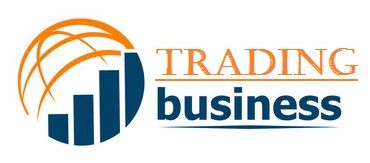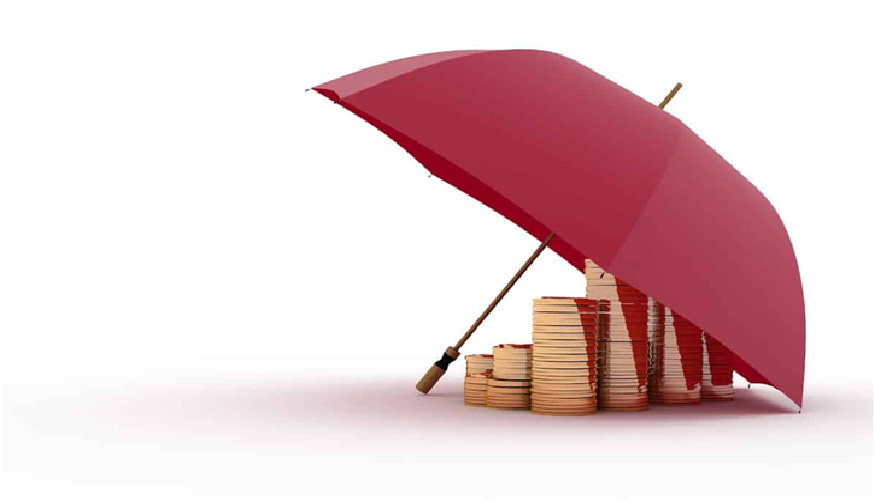If you have been considering borrowing money from a lender, you may have come across term secured loans. Their main feature is that they require collateral. So it can increase your chance of approval. Also, it guarantees that if you fail to repay the debt, the lender can settle it from your pledged item.
Borrowing money upon collateral can offer several benefits, but they also come with some drawbacks. For one thing, they are safer for the lender, as the collateral they require is a guarantee of debt repayment. Besides, the item you’ve pledged is not at risk of losing value.
A secured loan allows the borrower to ask for more money. Also, the repayment term on these deals is significantly longer. These advantages make them a viable option for individuals and businesses. You can visit https://lånpådagen.org/ and get everything done within a day.
Borrowing More Money
An unsecured loan is one where you do not have to pledge collateral against the borrowed amount. Hence, the lender can’t repossess your house if you do not repay the debt. That’s why borrowing money upon collateral comes with higher interest rates and shorter payback terms. Also, because these financial tools carry a higher risk, most banks won’t lend more than $100,000.
So if you need more money for costly home improvement projects like financing a swimming pool, you can choose a secured loan. It’s a much better and less burdening option than credit cards or short-term, unsecured loans that can cost you an arm and a leg.
Fewer Risks
Unsecured loans might be a good option for people with good solid financial habits. But they are risky for lenders, so they carry higher interest rates. That makes them not so good option for those with bad credit. But they are an excellent option for those with stellar credit history.
In the case of unsecured loans, if the borrower doesn’t repay the debt, lenders file a negative credit report or even sue for the outstanding debt. But with a secured loan, the bank can sell the collateral and settle your debts without any legal consequences for borrowers. That’s the risk you must bear.
Higher Chance of Approval
Because secured loans are less risky for lenders, they are easier to get. Still, you must meet some requirements to even qualify for one of these. First, you must have a good credit score and low DTI. Next, your credit history should be without or with only a few missed or late payments.
Secured loans can be a good option for people with poor credit, as long as they demonstrate that they are financially stable and have a good credit history. On the other hand, unsecured loans may be harder to get and usually require a co-signer, which can be a huge obstacle for borrowers.
In terms of risk, secured loans are more favorable for borrowers with a lower credit score. But while lenders may give better terms and interest rates when they get a guarantee, borrowers must bear in mind that losing their collateral is a real risk. So, secured loans should only be used when the borrowers are confident they can repay the debt.
Long Repayment Period
Secured loans offer longer repayments because they represent less risk to lenders. It means you can ask for more money and split that debt into many installments that won’t overburden your budget. Still, make sure not to miss a payment, as lenders will repossess the collateral and sell it to recover costs. Find the explanation of repossession here.
Items Used as Collateral
A secured loan involves pledging collateral in exchange for the money you borrow. That can be an asset, such as a car or a piece of artwork. Vehicles are the most common type of collateral. Besides cars, you can also pledge boats or working machines.
You can also use your home equity, especially if you plan to refinance or just need some extra cash for renovation. Some lenders are more flexible and will allow you to use a variety of valuable assets, including investments and savings accounts. Collateral can also be your business equipment and projects.
The lender may require a dollar amount of collateral before granting you a secured loan. So its value should be higher than the amount you borrow. You must do your best to pay your debts on time. Otherwise, you may face repossession. If you can’t bear that risk, you should pledge something you can afford to lose.
Who Can Apply
You may wonder whether you are eligible for a secured loan. So it’s good to know that these arrangements are not available only to people with great credit history and valuable possessions. In fact, anyone looking for competitive interest rates and long repayments might apply for it.
You can try getting a secured loan if you are having trouble making your payments. Lenders will offer you a customized arrangement to help you keep up with payments and stay out of financial trouble. But if you fall behind, your credit score may suffer. Even worse, you’ll lose your valuable possessions.
First, you must evaluate your budget and current debt. That can give you an insight into your financial standings and ability to handle another debt. Next, secured loans require that you put something of value as collateral. So you must know the value of any potential collateral you can use, including cash account balances, properties, investments, and valuable possessions.
How to Choose the Best Deal
When choosing a secured loan, check your credit rating before applying. You can find a free copy of your credit from several credit bureaus. Lower credit scores tend to mean higher interest rates. If you find this parameter less than perfect, take steps to improve it.
Stay out of debts, correct any errors in the report, space out hard inquiries, and pay your bills on time. Also, prepare the necessary documentation for you and an item you plan to use as collateral. These papers must be valid and up-to-date.
The most common lenders are banks. Of course, you’re free to shop around with several banks to lurk the best deal. Another popular source is a credit union. These organizations work with lower-income borrowers and don’t require a perfect credit history.
Secured loans are less risky for lenders, so you have better odds of getting one of these. Also, because you provide collateral, the bank will be more benevolent toward your application and offer more favorable lending terms. But always remember that secured loans carry a real risk of repossession, which you must be able to take.

